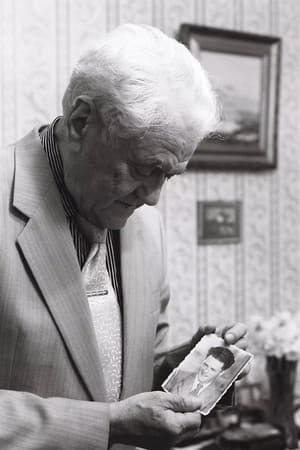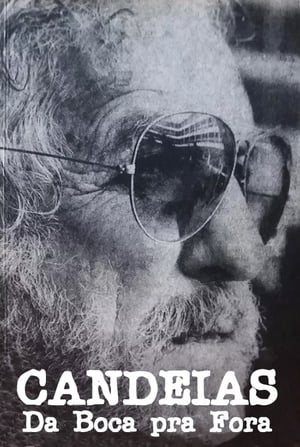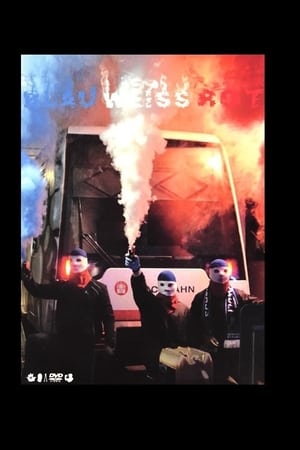

Welcome to Yiddishland(2024)
An upbeat, witty, and timely exploration of a global community of artists creating innovative work in their quest to rediscover and revitalise the endangered Yiddish language. From behind-the-scenes with an acclaimed Yiddish-language version of Yentl in Melbourne, to enjoyably transgressive punk-Klezmer musicians, and Barrie Kosky’s latest trailblazing production in Berlin – the endangered Yiddish language is alive and well in this rousing documentary. The language originated amongst the Jewish community in Eastern Europe, but almost disappeared when more than half of the world’s Yiddish speakers were murdered during the Holocaust. Most of the artists and performers (aka Yiddishists) in the film didn’t grow up speaking Yiddish, but all have found solace, identity, and inspiration in its rich traditions and culture. Ros Horin has mapped a fascinating cultural history.





Movie: Welcome to Yiddishland
Top 1 Billed Cast
Self
Video Trailer Welcome to Yiddishland
Similar Movies
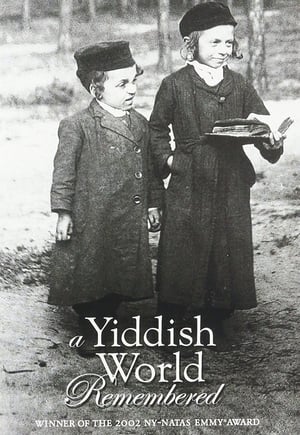 10.0
10.0A Yiddish World Remembered(en)
Elliott Gould narrates this affectionate look at life in the shtetls of Eastern Europe in the 19th and early 20th centuries. "It's unreal that all this could have just disappeared," says Polish native Mariem Adler Stok, one of the seniors whose memories of this "Yiddish world" give this documentary its life. The hour traces Jewish history in Europe and explores Jews' focus on education, their religious customs, clothing, food, music and theater.
 6.0
6.0The Paper Brigade(fr)
Lithuania, 1941, during World War II. Hundreds of thousands of texts on Jewish culture, stolen by the Germans, are gathered in Vilnius to be classified, either to be stored or to be destroyed. A group of Jewish scholars and writers, commissioned by the invaders to carry out the sorting operations, but reluctant to collaborate and determined to save their legacy, hide many books in the ghetto where they are confined. This is the epic story of the Paper Brigade.
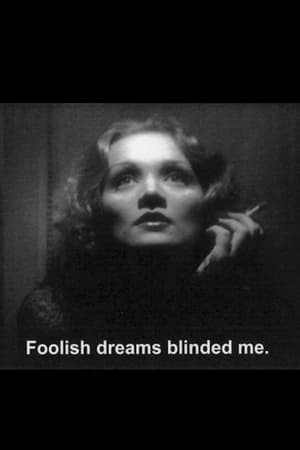 0.0
0.0The Great Yiddish Love(en)
Set in Berlin and New York's Lower East Side, The Great Yiddish Love stars the self-exiled Marlene Dietrich and her Nazi-endorsed replacement, Zarah Leander. It is a melodrama of love, emigration, and betrayal reassembled from Hollywood, German Ufa and Yiddish films from the 1930s and 40s.
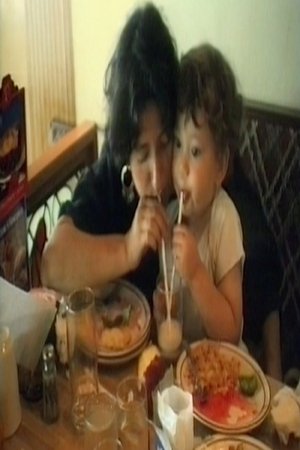 5.0
5.0A Little Family Conversation(fr)
The questioning of Jewish heritage and identity via the portrait of a diversed family, across Belgium and the United States.
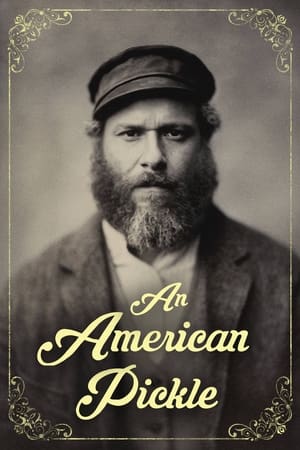 5.7
5.7An American Pickle(en)
An immigrant worker at a pickle factory is accidentally preserved for 100 years and wakes up in modern day Brooklyn. He learns his only surviving relative is his great grandson, a computer coder who he can’t connect with.
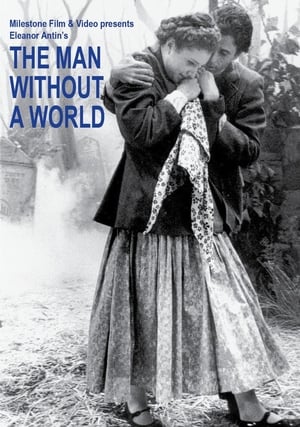 2.0
2.0The Man Without a World(en)
The Man Without a World is credited to the legendary (and imaginary) 1920s Soviet director, Yevgeny Antinov. But the film is anything but old. In fact, Antinov himself is the creation of contemporary filmmaker Eleanor Antin. Her film is a moving, comic melodrama set in a typical shtetl (village) in Poland. The Jews’ struggle against poverty and racial hatred is complicated by their own division into hostile political factions of the religious orthodoxy, assimilationists, socialists, Zionists, anarchists and survivors. While the Jews of the shtetl pursue their loves, politics, religion, business and dreams for the future, the Angel of Death is ever near...
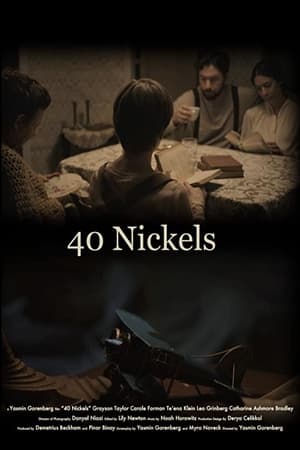 0.0
0.040 Nickels(en)
Based her grandfather’s boyhood in St. Louis, Yasmin Gorenberg tells a story of the pain passed from refugee parents to their children and the hope that can overcome it. “40 Nickels” captures the image of a generation of immigrants to the United States in the 1920’s and 1930’s and through that spotlights the effects of the 1919 pogroms in Eastern Europe. This is a film about parents and children: how trauma never leaves a family, and how hope and resilience is also passed down. It asks the question: Can a new generation look at the world with wonder rather than fear?
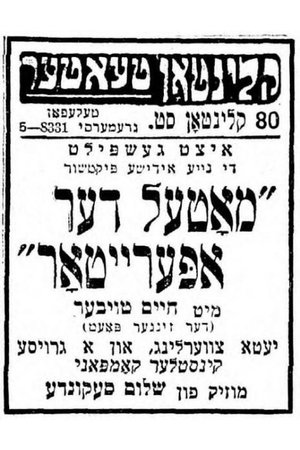 0.0
0.0Motel the Operator(yi)
Motel, a poor laborer, loving husband and new father, leads cloakmakers in a strike for better working conditions. When he is severely injured by strikebreakers, his wife, Esther, and infant son are left destitute. Desperate to save her starving child, Esther gives him up for adoption to a wealthy couple, and then commits suicide. The richly-rendered beautiful Yiddish songs by Sholem Secunda featuring Cantor Leibele Waldman and Joel Feig's famous choir are a good example of the bittersweet melodrama in the finest tradition of the Yiddish theater.
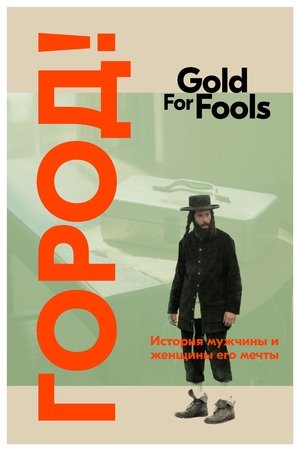 0.0
0.0Gold for Fools(en)
Raised in rural isolation by an extremist Hasidic sect, Chaim is torn between his devotion to his grandmother, an aging Holocaust survivor, and his attraction to a sexy blond in a Liberty car insurance ad.
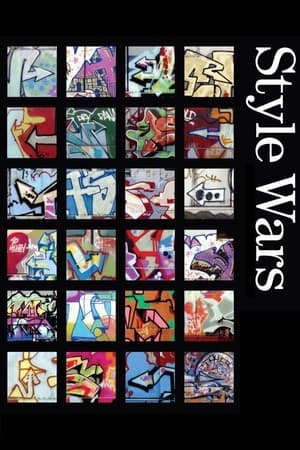 7.4
7.4Style Wars(en)
Tony Silver and Henry Chalfant's PBS documentary tracks the rise and fall of subway graffiti in New York in the late 1970s and early 1980s.
 6.2
6.2Wal-Mart: The High Cost of Low Price(en)
This documentary takes the viewer on a deeply personal journey into the everyday lives of families struggling to fight Goliath. From a family business owner in the Midwest to a preacher in California, from workers in Florida to a poet in Mexico, dozens of film crews on three continents bring the intensely personal stories of an assault on families and American values.
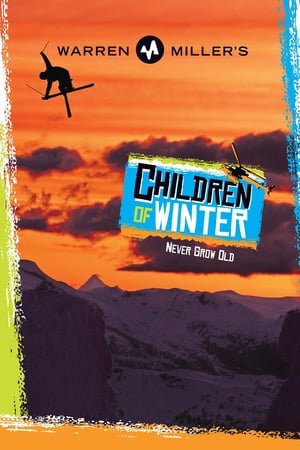 4.8
4.8Children of Winter(en)
Warren Miller's Children of Winter showcases incredible cinematography that will get you craving deep powder, fresh lines, and outrageous adventure! It will take you on a daring escape to electrifying global destinations, including Japan, Austria, Iceland, and more! Don't forget to breathe as snowboarding's Olympic Gold Medalist Seth Westcott charges down the Alaskan backcountry, as surf legend Gerry Lopez shreds the Oregon steeps, and as Chris Anthony takes on Leadville Colorado's legendary Skijoring competition.
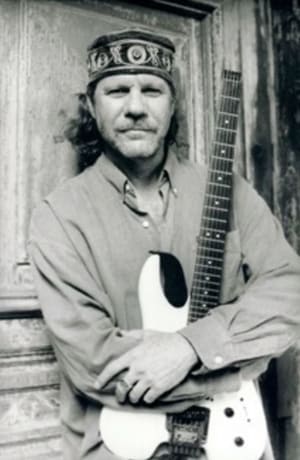 0.0
0.0So Near... So Far(en)
The young American Pablo Menéndez came to Cuba to study Music at the National School of Art. Here he formed a family and became one more Cuban. Member of the Sound Experimentation Group of ICAIC and promoter of the teaching of the electric guitar in Cuba, he is, together with his group Mezcla, one of our most original musicians.
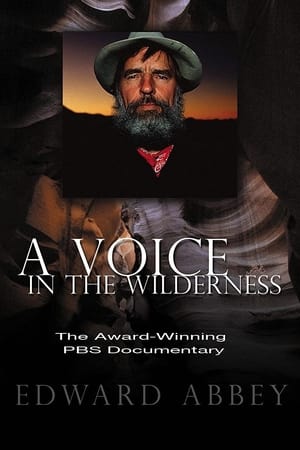 0.0
0.0Edward Abbey: A Voice in the Wilderness(en)
When Edward Abbey died in 1989 at the age of sixty-two, the American West lost one of its most eloquent and passionate advocates. Through his novels, essays, letters and speeches, Edward Abbey consistently voiced the belief that the West was in danger of being developed to death, and that the only solution lay in the preservation of wilderness. Abbey authored twenty-one books in his lifetime, including Desert Solitaire, The Monkey Wrench Gang, The Brave Cowboy, and The Fool's Progress. His comic novel The Monkey Wrench Gang helped inspire a whole generation of environmental activism. A writer in the mold of Twain and Thoreau, Abbey was a larger-than-life figure as big as the West itself.
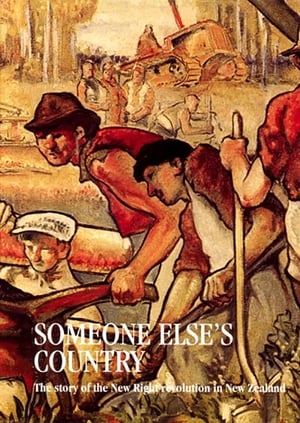 0.0
0.0Someone Else's Country(en)
Someone Else’s Country looks critically at the radical economic changes implemented by the 1984 Labour Government - where privatisation of state assets was part of a wider agenda that sought to remake New Zealand as a model free market state. The trickle-down ‘Rogernomics’ rhetoric warned of no gain without pain, and here the theory is counterpointed by the social effects (redundant workers, Post Office closures). Made by Alister Barry in 1996 when the effects were raw, the film draws extensively on archive footage and interviews with key “witnesses to history”.
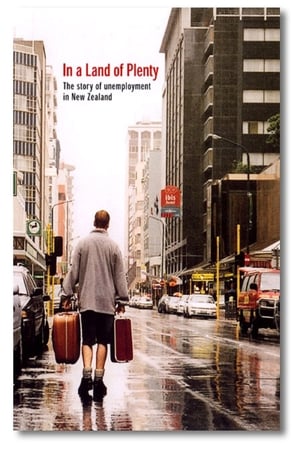 0.0
0.0In a Land of Plenty(en)
The story of unemployment in New Zealand and In A Land of Plenty is an exploration of just that; it takes as its starting point the consensus from The Depression onwards that Godzone economic policy should focus on achieving full employment, and explores how this was radically shifted by the 1984 Labour government. Director Alister Barry's perspective is clear, as he trains a humanist lens on ‘Rogernomics' to argue for the policy's negative effects on society, as a new poverty-stricken underclass developed.
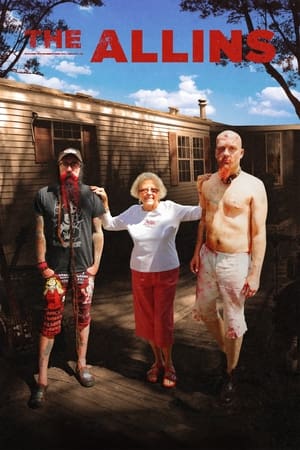 6.8
6.8The Allins(en)
In New Hampshire, a legend is buried. GG Allin, the most outrageous singer in rock'n roll history. He was known for defecating on stage, fighting and having sex with the audience. He died a mythological death from a heroin overdose in 1993, aged 37. Directed by the award-winning director Sami Saif, THE ALLINS is a loving and entertaining look at the family of the departed rock singer.

